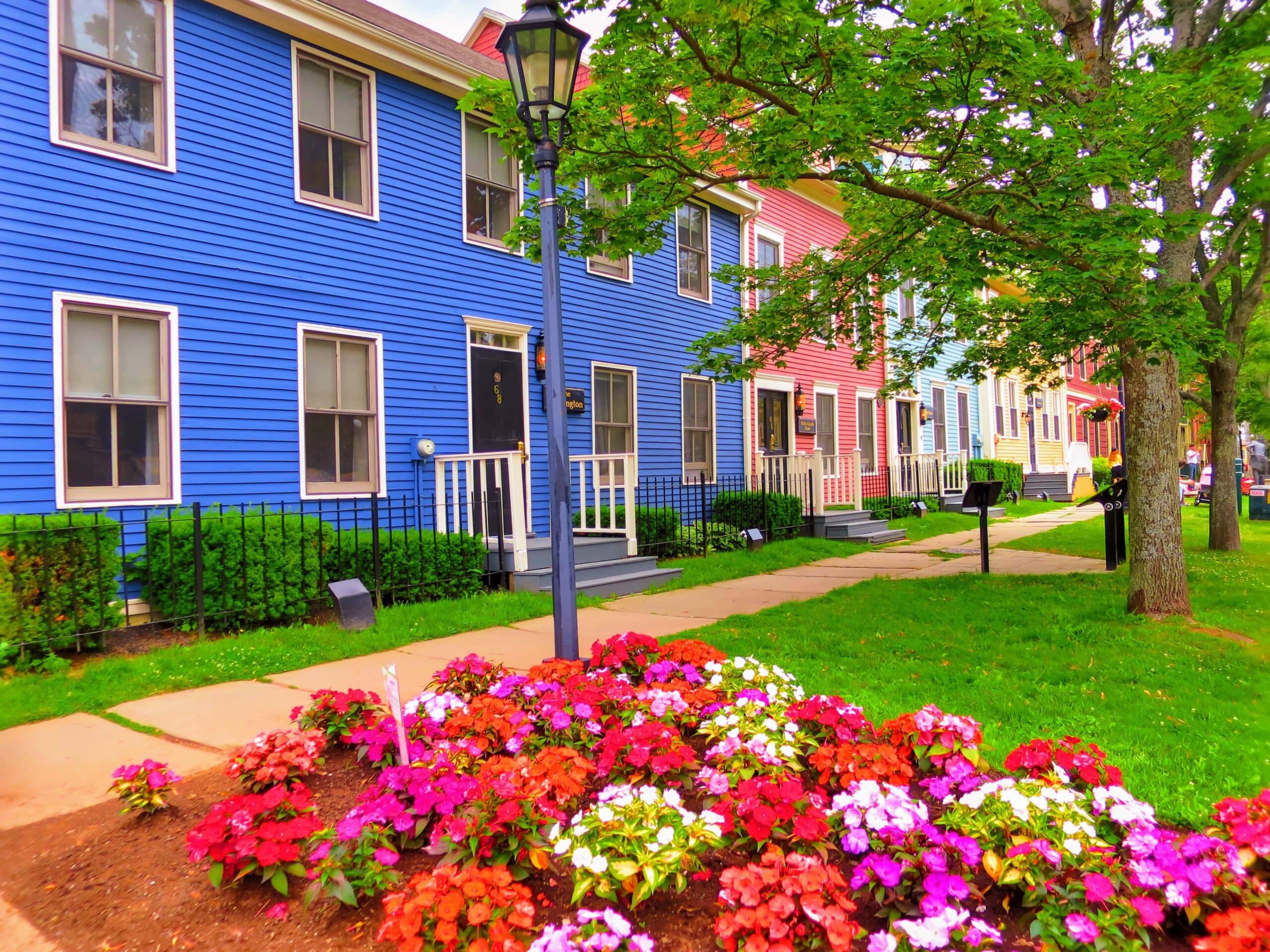
How to Find Student Accommodations in Canada
You’ve accepted your offer letter: congratulations! Following that, you’ll need to decide on your international student accommodations in Canada. It can be difficult to navigate a new country, let alone find a place to live. When a student moves to a different country for education, figuring out how to find student accommodations in Canada is a big challenge. When there are so many study accommodations for students in Canada, it is easy to become overwhelmed.
Although most school and college campuses in Canada still provide student housing, some students prefer to live in rented houses as paying guests and travel to school, college, or library by public transportation. Many students find the housing provided by Canadian universities to be extremely expensive. As a result, finding low-budget lodging is a challenging task.
The problem is that universities primarily want to make lot of money from students by providing them with accommodations. A student should make an informed decision about which campus residence they prefer. Where do you begin?
You can seek guidance from your academic institution or proceed on your own to find your new home. First, decide whether you want to live on campus, off campus, or with a host family. You have a lot of options; let’s look at some of the most popular ones below.
ALSO READ: 15 Important things to do in Canada as a New Student
Different accommodations for Students in Canada
Here are accommodations options in Canada for international students
1. On-campus Student Accommodations
Why should you live on campus? There are numerous advantages. Because you’ll be around other students a lot, you’re more likely to make new friends and get involved quickly. This can make your relocation to Canada easier. You’ll also be close to social events, food halls, study spaces, and your classes, saving you money on transportation.
Many student residences have a don or residence advisor (RA), who is usually an older student who can offer support, help resolve conflicts, and ensure safety. While room types vary, traditional dorm rooms and apartments or suites are the most common. Many campuses provide separate housing for older students or students with families; some provide accessible or barrier-free housing; and others provide single-sex floors or buildings. Finally, some accommodations include meal plans, so you can pay for both your room and your meals in one contract.
2. Traditional Dorm Accommodations
Dormitories (or “dorms”) are the most common type of housing. Students may be assigned to a single or double dorm room with one or two beds.
Rooms typically include a bed frame, mattress, desk, chair, lamp, and closet space. Students must provide their own bedsheets and towels, which should be purchased in Canada due to their bulkiness. Kitchens, bathrooms, and lounges are shared living spaces. It’s critical to understand how many students share each facility, because sharing a kitchen with everyone on your floor is not the same as sharing it with everyone in your building! Furthermore, some students may prefer co-ed restrooms while others may not.
3. Apartment or Suite
Suites and apartments provide more independence and social benefits than dorm rooms. Students may share an apartment or suite with up to five other students and have their own or shared bedroom. A kitchen, bathroom, and living room are included in each unit. Apartments and suites, like dorms, may have basic furniture and standard appliances such as a fridge and microwave. Suites may have in-suite laundry or laundry in the building. Many include basic utilities as well as internet access.
4. Off-Campus Student Accommodations
Many students, especially after their first year, choose to live off-campus. It’s a great way for international students to meet new people. You can rent, sublet, or live with a host family depending on the length of your stay. Off-campus student accommodations, such as Purpose Built Student Accommodations, has a lots of benefits, including the absolving of council tax. When the cost of living consumes a large part of your budget, not having to pay council tax can be a lifesaver.
The ability to choose where you live is a huge benefit of living in off-campus. You are not restricted to the campus’s rooms, amenities, and prices. Rooms in town are typically affordable than those on campus (although that depends on the city). You can also live with non-students or students from other universities. As a result, you are less likely to be trapped by the campus bubble and can easily get to know the environment outside of campus.
This does not imply that you must abandon on-campus activities; rather, living off-campus allows you to separate things more easily by enjoying campus when you want it rather than all the time. Off-campus accommodations is not joined with the university. As a result, unlike an on-campus room, you can continue to rent it even after graduating or stopping your studies.
5. Apartments or Shared Housing
Looking for a larger room? Many students share a house, condo, or apartment. Depending on your budget and preferred living arrangements, renting directly from a landlord or subletting may be preferable.
Subletting means taking over another student’s lease while they are away for an extended period of time. Often, the space is fully furnished, and utilities (internet, electricity, etc.) are included. Sublets can last anywhere from a few months to a year. Find one via on-campus ads, Google or Kijiji searches, or your host school’s Facebook group.
The average monthly rent in Canada was C$1,685 as of June 2022. Renting a house costs on average C$2,893 per month. But keep in mind that if you plan to live with roommates, the cost per student may be lower than renting an apartment. Rent is generally higher in Ontario and British Columbia and lower in Alberta, Manitoba, and Saskatchewan.
6. Homestay
Living with a host family in a homestay allows you to immerse yourself in Canadian culture and, if desired, share meals with the family. The family can also share local customs and favorite places to visit, eat, and explore. You’ll also improve your language skills because many families speak English at home (or French in Quebec and New Brunswick!).
Check out the checklist below for more general housing tips.
Accommodation Checklist
- What is your monthly rental budget? Before moving in, be prepared to submit your first and last month’s rent.
- Remember to include utilities in your budget! Some off-campus rentals do not include them, or only include basic utilities like electricity and water. Utilities cost between $1,000 and $1,350 per year.
- Where do you want to live in the community? It’s best to be close to school so you can walk instead of taking public transportation or driving.
- Are you looking for roommates? Contact other students through social media groups or your host school. Rental agencies can also connect students who are looking for roommates.
- Understand the length and terms of your rental contract or lease. Is it only for a year? 6 months? You may be charged extra if you breach a lease.
- Read your rental contract with someone you trust—if something doesn’t make sense, ask about it before you sign!
- Visit the space, or have a friend or family member visit it, before signing any rental contract to ensure it is as advertised.
- Do you need to buy any furniture? Affordable options can be found at thrift stores, on Facebook Marketplace, or on Kijiji.
Still debating whether to live on or off campus? You can try them both! Many students spend their first year on campus (often in a dorm) and then transition to apartment-style living on- or off-campus. Speak with us for assistance in processing your study abroad application or visit our website, www.silvercloudtravelsng.com today.





